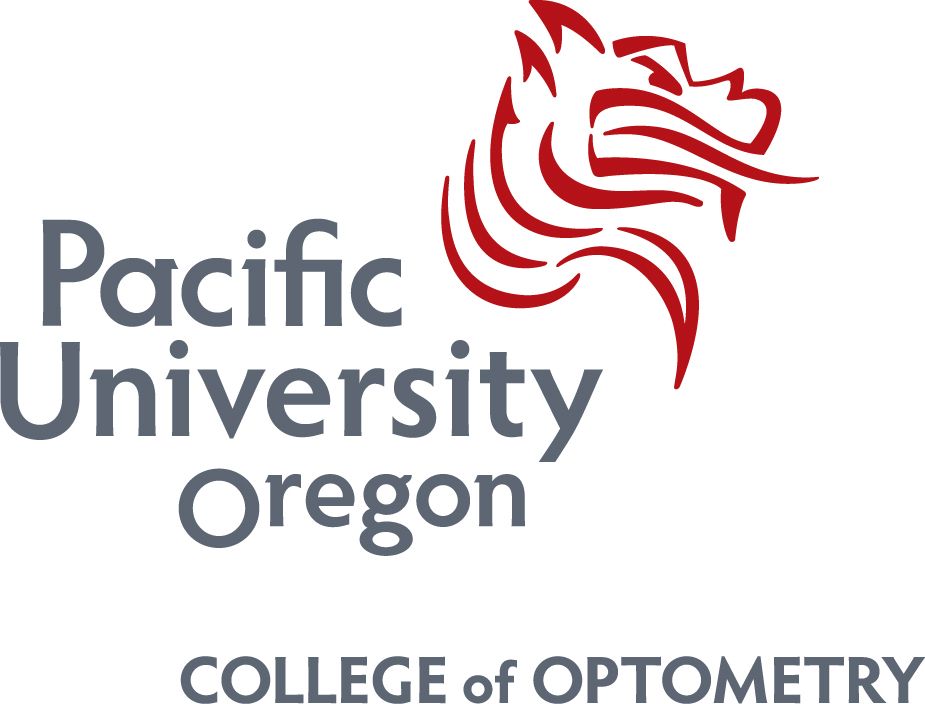COURSE DESCRIPTION:
The first half of the presentation will discuss additional case history, testing, and treatment options that should be incorporated into a primary care examination for post-concussion syndrome patients. The second half of this presentation will cover Post-concussion patients who often experience dizziness. This can be related to visual skills (accommodation/EOM/vergence) or visual-vestibular function. Optometric tools (lenses, prism, tints, VT, etc) can be used to help recover function and decrease symptoms.
LEARNING OBJECTIVE:
• By the end of this lecture, attendees will be able to identify post-concussion syndrome symptoms and associated visual diagnoses.
• By the end of this lecture, attendees will be able to identify additional testing and treatment required for post-concussion syndrome.
• By the end of this lecture, attendees will be able to recognize when a referral to other healthcare providers are indicated for post-concussion syndrome patients.
• Will be able to explain what visual-vestibular integration dysfunction is and how it can lead to dizziness.
• Implement a simple testing battery to identify/quantify dizziness as a result of the visual-vestibular integration dysfunction.
• Consider the optometric tools (lenses, prisms, binasal occlusion) available to manage dizziness.
